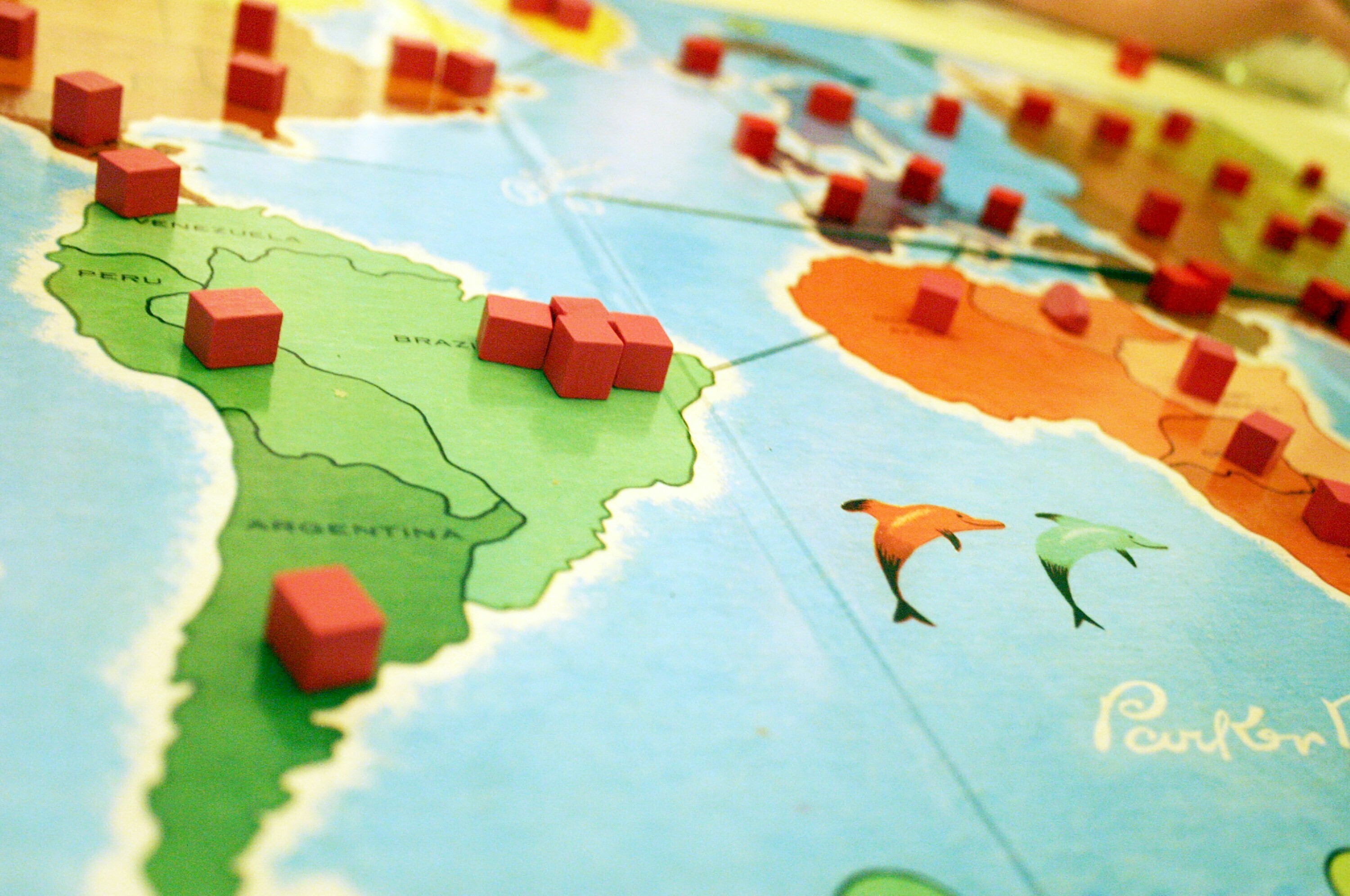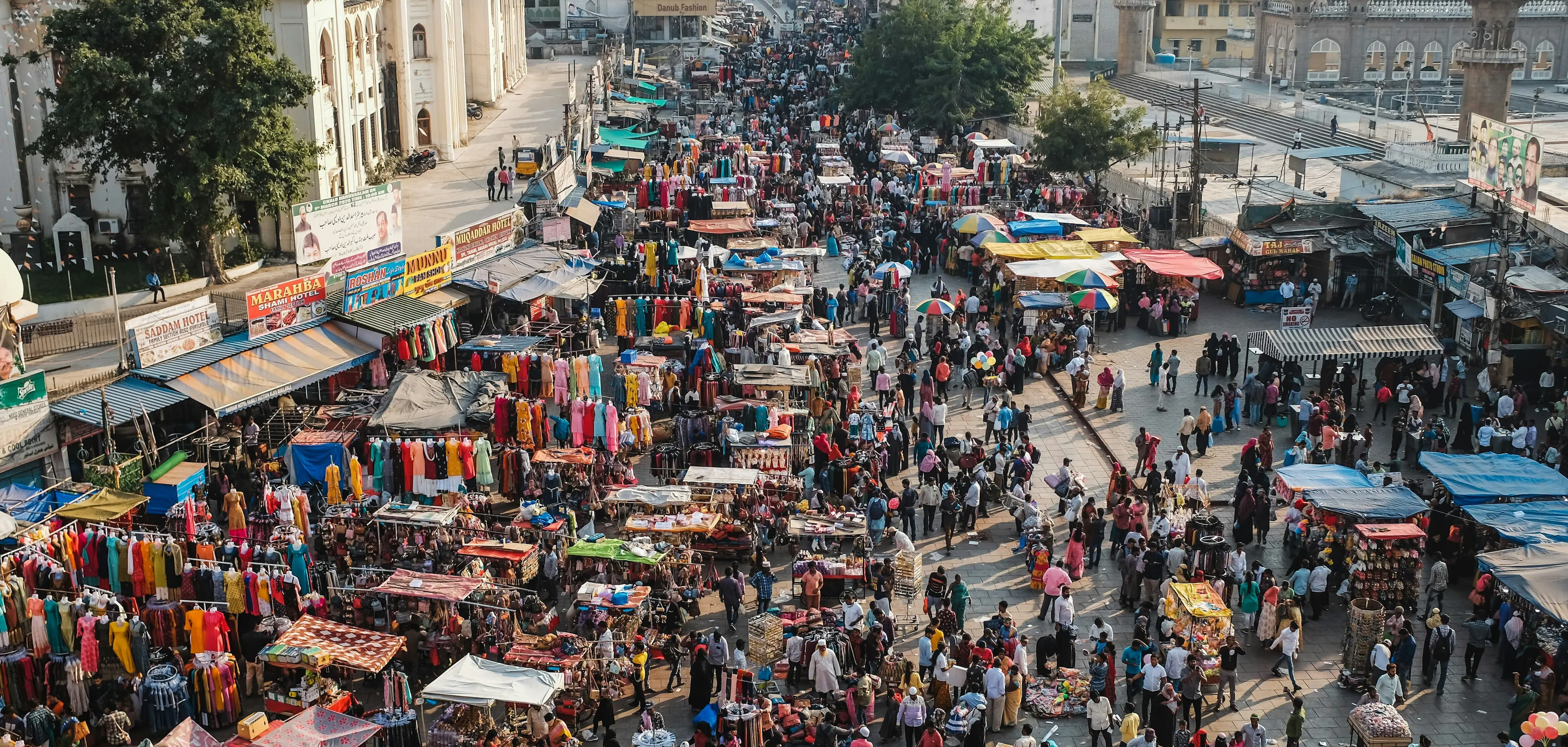Børge Brende is President and CEO of the World Economic Forum. Previously he was the Norwegian Minister of Foreign Affairs, Minister of Trade and Industry, and Minister of Climate and the Environment. He served as Deputy Chairman of the Norwegian Conservative Party as well as MP. He was also full-time city counsellor in his hometown of Trondheim. He was Chairman of the UN Commission on Sustainable Development and Secretary-General of the Norwegian Red Cross. He was Board Member of Statoil and the Norwegian School of Economics. He was the Chair of Mesta, Norway’s largest contracting group in road and highway maintenance. He was a Director of the Philanthropy Asia Alliance. He is currently a Member of the Advisory Board of the Hoffman Centre for Global Sustainability, a Member of the Advisory Council, Harvard International Negotiation Program, the China Council for International Cooperation on Environment and Development (CCICED), the Strategic Committee of Sciences Po, and is on the Board of the Bilderberg Meetings.















